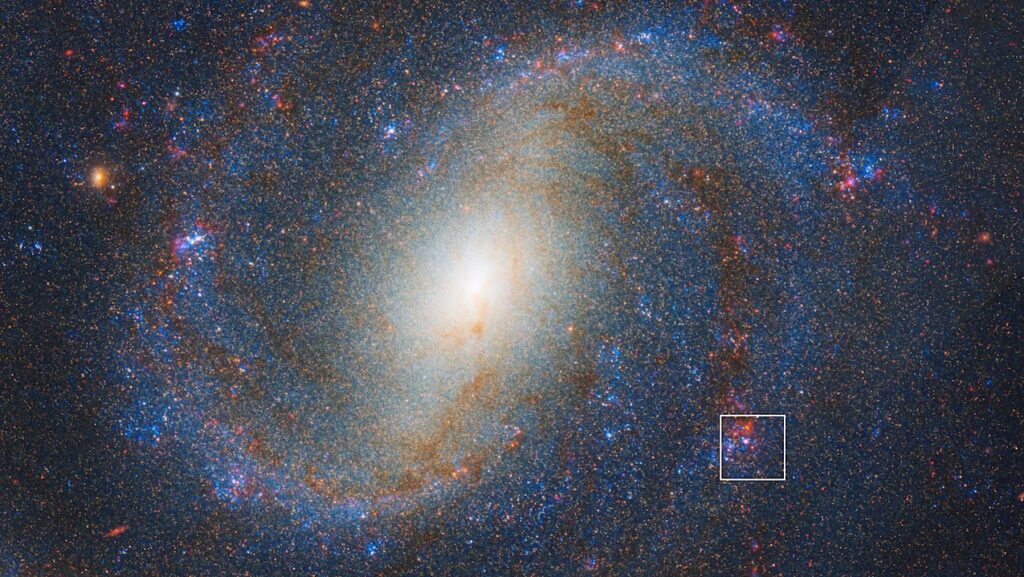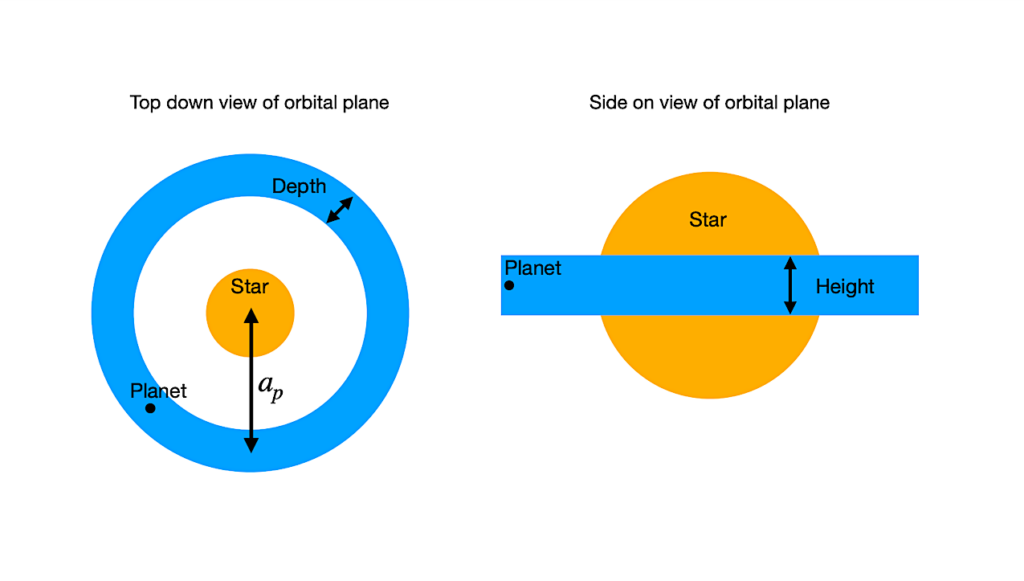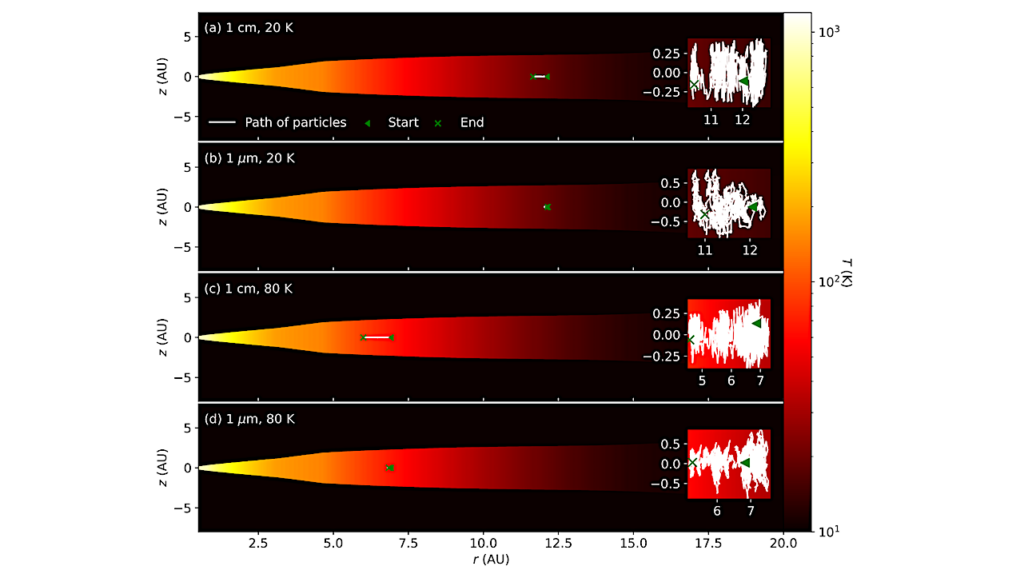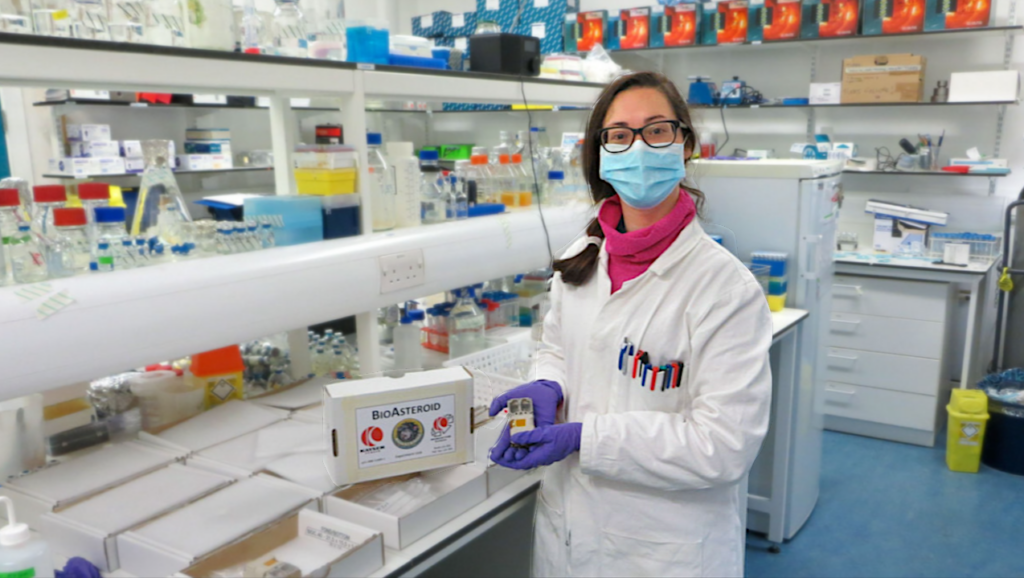High-pressure Torsion Processing Of Serine And Glutamic Acid: Understanding Mechanochemical Behavior Of Amino Acids Under Astronomical Impacts

Astronomical impacts by small solar system bodies (meteoroids, asteroids, comets, and transitional objects) are considered a mechanism for delivering amino acids and their polymerization to proteins in early Earth conditions.
High-pressure torsion (HPT) is a new methodology to simulate such impacts and clarify the behavior of biomolecules. In this study, two amino acids, crystalline L-serine and L-glutamic acid that were detected in meteorites, are processed by HPT and examined by ex situ X-ray diffraction, Raman spectroscopy, nuclear magnetic resonance, Fourier transform infrared spectroscopy, and in situ mechanical shear testing.
No polymerization, chemical reactions, or phase transformations are detected after HPT, indicating that the stability and presence of these two amino acids in meteorites are quite reasonable.
However, some microstructural and mechanical changes like crystal size reduction to the nanometer level, crystal defect formation, lattice expansion by vacancy formation, and shear strength enhancement to the steady state are found which are similar to the behaviors reported in metals and ceramics after HPT processing.
Kaveh Edalati, Jacqueline Hidalgo-Jiménez, Thanh Tam Nguyen, Motonori Watanabe, Ikuo Taniguchi
Subjects: Materials Science (cond-mat.mtrl-sci); Earth and Planetary Astrophysics (astro-ph.EP)
Cite as: arXiv:2408.10583 [cond-mat.mtrl-sci] (or arXiv:2408.10583v1 [cond-mat.mtrl-sci] for this version)
https://doi.org/10.48550/arXiv.2408.10583
Focus to learn more
Journal reference: Advanced Engineering Materials, vol. 26, p. 2302267, 2024
Related DOI:
https://doi.org/10.1002/adem.202302267
Focus to learn more
Submission history
From: Thanh Tam Nguyen
[v1] Tue, 20 Aug 2024 06:42:24 UTC (1,165 KB)
https://arxiv.org/abs/2408.10583
Astrobiology, Astrochemistry,








